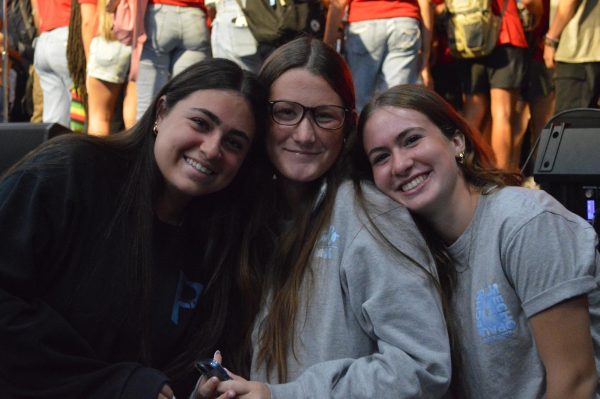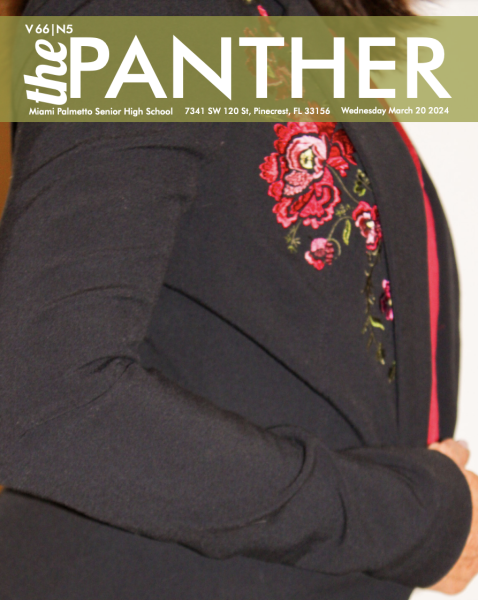The Overlooked Winter Holidays
January 1, 2021
The winter season brings multiple significant holidays that most Americans recognize and proudly celebrate. Take a walk down Old Cutler Road and you will find house after house adorned with brightly colored Christmas lights to celebrate the birth of Jesus of Nazareth. If one takes an even closer look in their window sills, one might find a menorah. The seven-candle lamp celebrates the eight night Jewish holiday of Hanukkah.
But moving past the glitz and glamor of the mainstream holidays and parties, December has so much more to unpack during its dropping temperatures.
Bodhi Day, a Buddhist holiday celebrating the day that Siddhartha Guatama (the Buddha) reached enlightenment, falls on Dec. 8. Though the religion’s popularity lies mostly in Southeast Asia countries, small Buddhist churches lie in the United States as well.
People celebrate the holiday with more peaceful and private celebrations in contrast to celebrations for a holiday like New Year’s Eve. People may meditate for longer periods than usual, chant religious texts, perform kind acts or even have a meal of tea and cake. These celebrations originate from the Buddhist philosophy of moving away from materialism.
For secular holidays, the New Jersey Humanist Network founded HumanLight in 2001. The holiday, which falls on Dec. 23, aims to celebrate the holiday season.
The holiday focuses on celebrating humanist philosophy and ideas of reason while not disparaging other religious celebrations of the season. Celebrations vary from person to person, but examples include science book exchanges, charitable donations and/or a meal with family and friends.
Another secular holiday of the season is Boxing Day, which falls on Dec. 26, the day after Christmas. This holiday remains largely celebrated overseas in the United Kingdom and its former colonies.
The holiday originally consisted of charitable giving to the poor, but it has since become a day in which people go shopping. In Eastern Europe, many people celebrate this holiday as a Christmas Day.
Kwanzaa begins on Dec. 26, continues to Jan. 1 and celebrates pan-African culture. Over six nights and seven days, participants light a candle. Each day represents a different principle that the founder, Mulana Karenga, put forth that describes African heritage. The holiday was founded in the United States and is only celebrated here.
The holiday was founded in 1966 during the Civil Rights Movement. The holiday’s purpose in furthering African-American culture and identity and giving the group a further way to assert their place in American society remained a major component of the Black Power movement.












